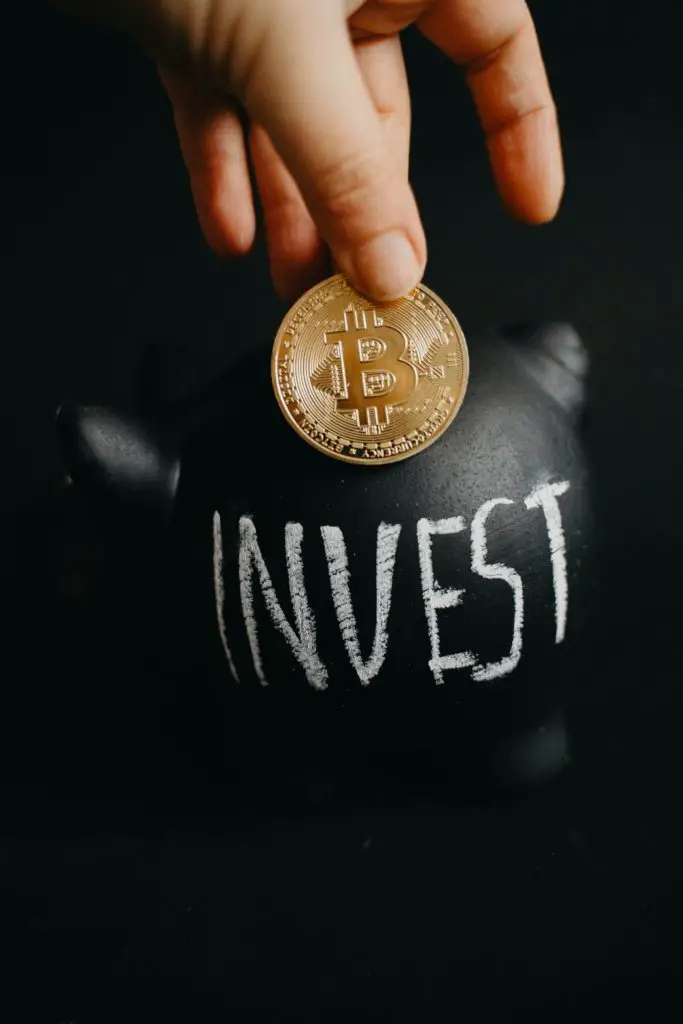We are living in a technologically advanced age, where a person does not need to go to a corporate office and slave away at a 9-5 job to earn money. Many enterprising people are turning to stock trading and investment to earn money. The group of students that need the most money is international students. Students of an F1 standing might turn to invest in case they cannot find any job on their campus. But the question remains, can F1 students trade stocks and invest legally, without getting deported? Let’s start with Can F1 Students Invest.

International students of F1 visa standing can easily trade stocks and invest in the market. As long as a student of an F1 visa is enrolled as a full-time student, they can invest in stocks. This is considered passive income and so, they are not technically working outside the campus.
What Is An F1 Visa?
An F1 visa is a type of visa that potential students can take so that they can enroll in universities or colleges as full-time students. At the same time, the educational institution (Student and Exchange Visitors Program, Immigration & Customs Enforcement) that a person is applying to also needs to be recognized by the US federal government as an institution that accepts international students.
Again, the most important thing a student of F1 visa standing needs to know is that their visa only allows them to be a full-time student, and as long as their investment job doesn’t become their full-time day job, F1 students can invest. However, for stock trading, you will need an H1B visa that allows international folks to study and work at the same time.
Requirements For An F1 Visa Holder To Engage In Investment
In the United States of America, almost all the good stock brokerage firms require you to have a valid social security number. The reason is simple the IRS can track you and tax you on all the income generated, even though it is passive. In case an F1 visa holder is already working on campus, they will likely have a social security number. In case an F1 visa holder does not have a social security number, then they can get it from the Social Security Administration (SSA) with the help of an OPT/CPT training certificate, along with their passport, I-20 or I-94.
What To Do In Case An F1 Visa Holder Does Not Have A Social Security Number
The process to get a Social Security Number is very hard, especially for a legal alien. According to the specifications for the F1 visa, international students cannot get a Social Security number in case they do not have an OPT or CPT training certificate or application. However, if an F1 visa holder still wants to take part in investments, then they will need to apply for an Individual Taxpayer Identification Number (ITIN number) before applying for any stock trading/investment company. However, it depends on the individual firm and the brokerage company if they want to accept the F1 visa holder’s ITIN number.
Filing Taxes As An F1 Visa Holder When Investing In Stocks
As mentioned before, everyone needs to pay taxes regardless of their immigration status. F1 visa holders will still need to pay taxes, even if they have passive or active income. When stocks and investments come into the picture, F1 visa holders need to fill in taxes. Just like all the other tax forms, F1 visa holders will need to report their income on the form and pay the given tax on the reported income.
At the end of every fiscal year, your broker would be giving you Form 1099, and it needs to be filed along with the 1040NR. During the four years you will be enrolled in school, they might offer you free tools and websites on how to fill your tax forms, so you can take advantage of that as well. In case these resources do not help you, there are many tax consultants out there who can help you as well.
How Much Tax Do I Have To Pay As An F1 Visa Holder?
Irrespective of what international residents or illegal aliens make in the United States of America make, they will need to pay at least 30% of their reported income to the IRS, which pertains to income generated from stock trading or making investments. The same rule applies to F1 visa holders or H1-B visa holders. A form, W-8BEN, also needs to be submitted along with the other above-mentioned forms to the IRS.
Conclusion
The bottom line is, students are usually in the need of a lot of money, and so, they might take up investing as their primary source of earning money. F1 visa holders can take part in investments as long as they are full-time students, report their income to the IRS, and fill out the forms to get taxed on their passive income.
Frequently Asked Questions
1. Can F1 visa holders become green cardholders?
Yes, F1 visa holders can become green cardholders.
2. Can F1 visa holders be self-employed?
Yes, F1 visa holders can be self-employed after they complete their OPT.

